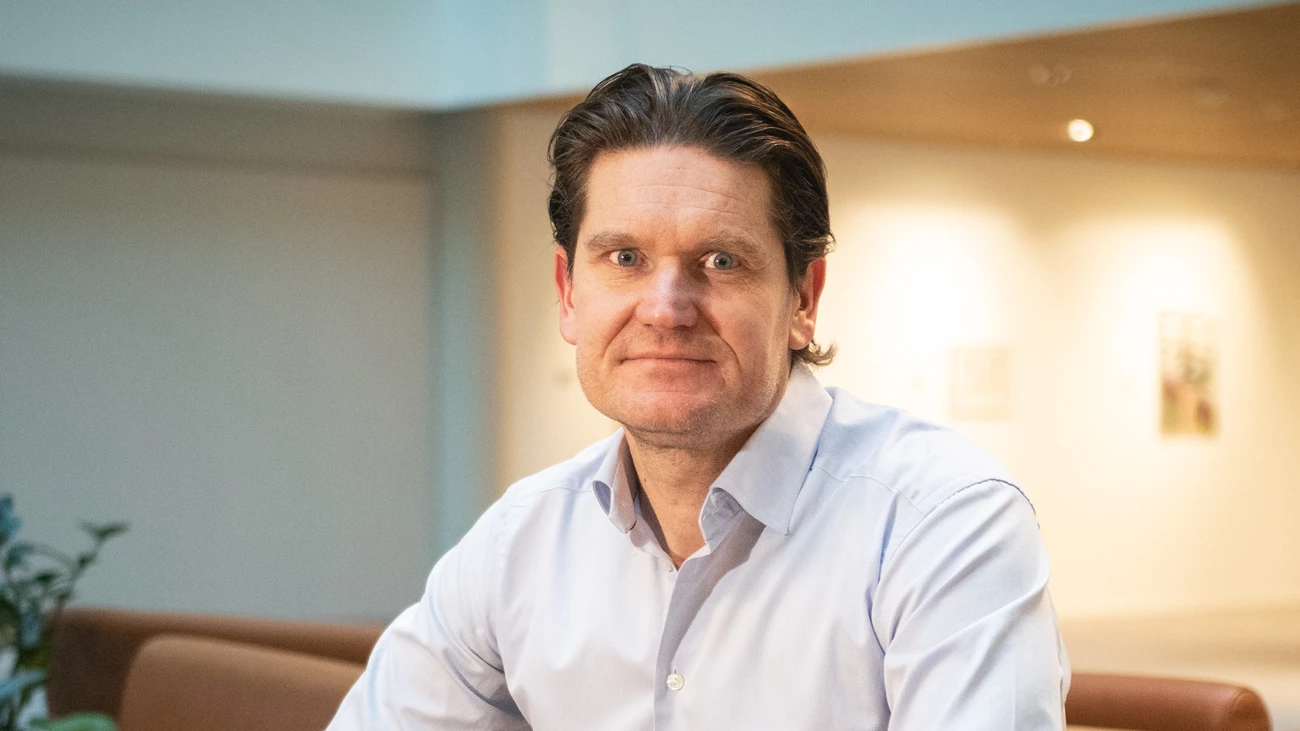JT: What could change Denmark's view on the euro?
HP: If Sweden had voted "yes" to introducing the euro in its 2003 referendum, I suspect Denmark might have followed suit with a new referendum and ultimately have gone down the same route. I think most Danes in this kind of context tend to see the Nordic region or Scandinavia as their frame of reference, rather than the whole of Europe. What our neighbours are doing carries more weight than what we see across Europe.
I followed the Finnish discourse at the time of its EU membership referendum in 1994 quite closely, and my impression is that national security was for Finland also a relevant factor in seeking both EU membership and subsequently becoming a eurozone member by replacing its markka with the euro. There was no such discourse in Denmark, which was already a NATO member when it joined the EU back in 1973. But after Russia invaded Ukraine, Denmark held a referendum which led us to abandon one of our four opt-outs from the Maastricht Treaty, the one regarding the EU's common defence policy. So, national security has clearly affected the status of Denmark's EU membership, but not our currency.
I don't think the Danish krone is a holy grail. Should circumstances change significantly, I think Denmark could reconsider its stance. It could to some extent also be a generational issue. New generations have grown up with and become accustomed to the euro, giving them a different perspective. I think a new euro referendum in Denmark is unlikely in the next five to ten years, but certainly a possibility ten to 20 years from now, if the euro remains a robust major currency.
JT: Norway would presumably need to become an EU member to even consider adopting the EUR, but could pegging the NOK to the euro be considered? Would this even make sense for an economy that is quite different to Europe's?
Kjetil Olsen (KO): At present, I think it would be wrong for Norway to even consider adopting the euro, as there are good economic reasons for having a floating currency. This may well change in 30-40 years, but today the Norwegian economy is heavily biased towards raw materials, particularly the oil and gas industry. This makes Norway's economy quite different to that of the EU, and those of most European countries. The macroeconomic cycle for Norway is very often out of step with the European cycle. At the time of the eurozone crisis in 2011-12, when the EU economy was suffering, Norway was in a boom. In 2014-15, Europe was doing well, while Norway suffered badly from a shock caused by a plunge in the oil price.
This asymmetry versus Europe makes the euro unsuitable as a currency for the Norwegian economy. European monetary policy could often be counterproductive for the economic conditions in Norway. In addition, the floating currency – the Norwegian krone – acts as a buffer when the Norwegian economy suffers a shock. We saw this both in 2011 and in 2014. Norway was able to adjust to a great extent through the exchange rate for the krone, rather than making the entire adjustment through wages. Putting it another way, Norway is very very far away from the euro area being an optimal currency area, as it is described in macroeconomic theory.
Apart from these arguments, I think it is also worth highlighting that historical evidence shows that unilateral exchange rate pegs have been difficult to maintain, and hence mostly not a very successful tool for monetary policy. Norway, Finland and Sweden were all forced to abandon such pegs to the ECU in the early 1990s. Denmark is the only Nordic, perhaps even global, success story in this regard. For Norway to introduce a unilateral peg for the NOK to the euro would be a formidable task, and a bilateral peg under ERM II would, as you say, require EU membership first. And given the nature of Norway's economy, it would be a very poor currency match. A floating Norwegian krone is clearly preferable. Taking a long-term perspective, with Norway's aim to diversify its economy from oil and gas, a floating currency could ease this journey as well. With a fixed exchange rate or replacement of the NOK with the euro, competitiveness would have to be recalibrated with years or even decades of lower wages.
With the floating Norwegian krone, the central bank has the main responsibility for policymaking to help Norway's economy navigate macroeconomic cycles. Monetary policy, most importantly interest rates, is the key tool. With a pegged NOK, or even an adoption of the euro in Norway, there would no longer be any Norwegian monetary policy. This would leave fiscal policy as the main tool for managing the economy through macroeconomic swings. History has shown that it is a difficult tool to use. It tends to be "sticky", with political challenges in removing fiscal stimulus when the economy has improved. And timing is another problem. During the time between proposed fiscal support measures being proposed, being passed by parliament, and starting to take effect, the economy could have moved into a new phase where they are no longer needed, and could instead cause overheating. Also keep in mind that Norway is a wealthy country, not least owing to the big National Oil Fund. This could also affect how flexible a government could be in public spending, including how quickly and to what extent stimulus could be removed after an economic recovery.







